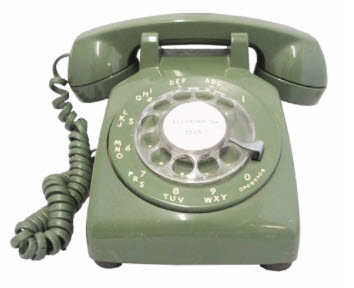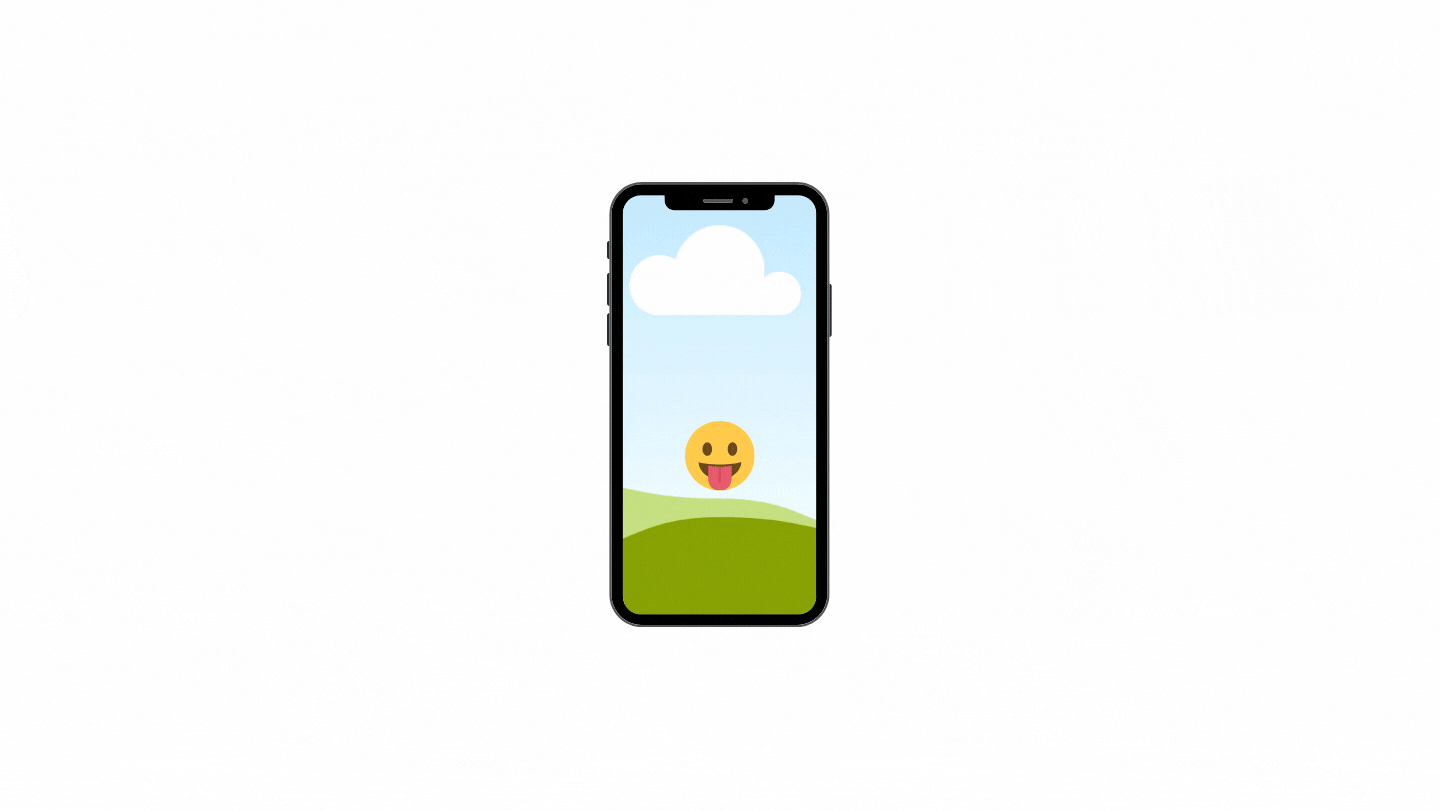This week I want to share the many ways your very expensive high-tech cell phone could hurt you in an interview. And by the way, you should expect that you will have to conduct a telephonic interview at some point. Several of our corporate partners like to conduct interim follow-up interviews over the phone. While modern technology has grown leaps and bounds in the last 10-15 years, nevertheless, there are some common problems that can occur even with the best phone. I’ll start with the more obvious ones:
- Reception issues. This one should be a no-brainer right? If you are taking part in a scheduled interview, choose a spot where you get good reception. What if you are like me and don’t get good reception at your home? Did you know that all major carriers now allow for Wi-Fi calling (both iOS and Android)? It’s a feature that you can toggle on/off in your phone’s settings. One warning though: you may encounter issues if you are using Guest Wi-Fi at a place other than your home. I have heard of situations where system administrators (my wife’s school, for example) have prevented Wi-Fi calling on their networks.
What if you get a surprise call from an employer and you are in an area with poor reception? You have two options: 1) Let the person know about your situation right away and ask them if they prefer to do the call at another time or 2) let the call go to voicemail and quickly find a place with good reception to return the call. - Phone not charged. This is also an obvious, but overlooked item. If you have a scheduled interview, charge your phone ahead of time.
- Incoming Text Messages. This can be one of the more irritating issues when you are the interviewer – being subject to the constant vibrations (or audible notifications) that the other person is getting on their phone during the course of the interview. When you are the interviewer in this situation, you can’t help but get the feeling that you are not the most important thing the job candidate has going on at the moment. So turn those notifications off or simply activate your “do not disturb” mode during the call.
- Voicemailbox full or not set up. Interviewers can sympathize with you if you can’t take a call because of an emergency or if you are not in an area that gets good reception. That’s why we have voicemail right? But there is no better way to try the interviewer’s patience than by not allowing them to leave a voicemail because your mailbox doesn’t accept new messages. So make sure you have cleared out the old ones and while you are at it, record a nice pleasant voicemail greeting.
- Bad headset. I fully support conducting an interview with a Bluetooth or wired headset so that it frees up your hands to take notes. If that’s the case, just make sure that the headset is properly paired and tested ahead of time and that it provides clear connectivity with your phone.
- Not speaking directly into the phone. This is one issue where I blame cell phone designers. They don’t seem to take ergonomics into consideration when developing handsets. Am I the only one that finds it awkward holding a cell phone up to my face or am I a crabby baby-boomer that prefers this kind of phone?

Also, have you ever accidentally disconnected a call by letting the screen touch your cheek during the call? Again, something that would never happen with old school phones. I find it ironic that phone manufacturers have added so many bells and whistles to their devices, that they seem to have forgotten that the phone’s main function is to make and receive calls. Microphones used in today’s cell phones are just not very good quality. The result is that if you are not speaking right into it, your voice may sound distant. My recommendation is not to go backward in time, but to use a good headset (see item 5 above) and if that’s not available, do your best to maintain good phone control when talking. Or in military parlance: exercise good muzzle control!

